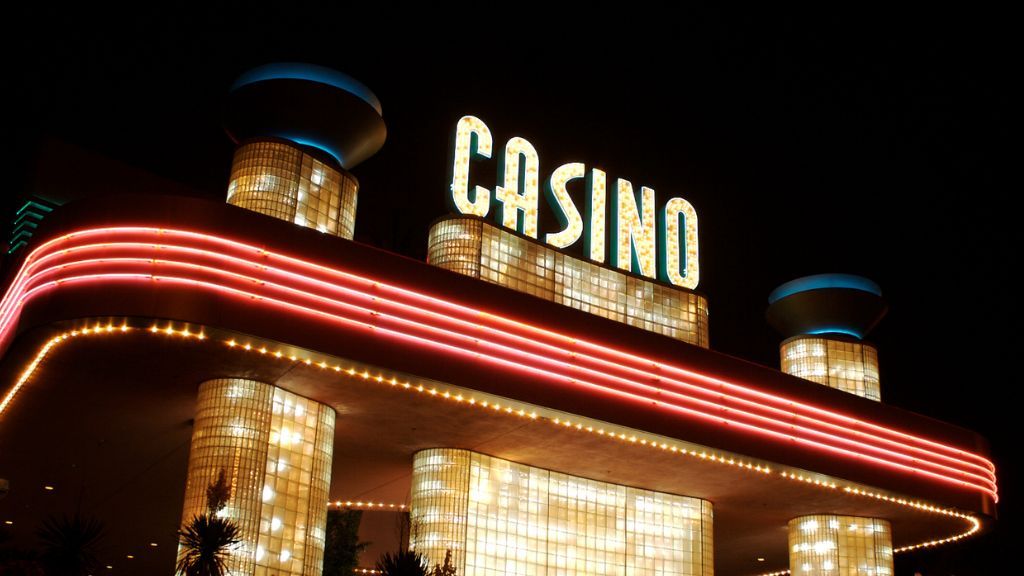
The Koi Nation, a small landless tribe in Northern California, has been striving to enter the lucrative gaming industry for decades. After a series of legal challenges and setbacks, the tribe is now on the verge of realizing their dream, planning to build a $6 billion casino and resort in Sonoma County.
Acquiring the Land
The Koi Nation has a deep historical connection with Northern California spanning thousands of years. However, the tribe faced significant obstacles, particularly losing their reservation land in Lake County decades ago. In 2019, a federal court ruling significantly altered the course of Koi Nation's history. This decision allowed the tribe to purchase land for building a casino, laying the groundwork for their current plans in Sonoma County.
In the process of building a top-tier casino, the Koi Nation partnered with the Chickasaw Nation from Oklahoma, which has 96 members. This collaboration is crucial as the Chickasaw Nation provides the necessary financial and operational support to move forward. With the help of the Chickasaw Nation, the Koi Nation purchased a 68-acre plot in Sonoma County for $12.3 million. This prime piece of land is currently awaiting approval from the U.S. Department of the Interior to be placed in trust, a key step in casino development.
Plans and Vision
The proposed Shiloh Casino Resort is envisioned not just as a gambling venue but as a luxurious tourist destination, planned to feature 2,500 slot machines, a 400-room hotel, and amenities like a spa and swimming pool. This development project aims to attract visitors and provide economic opportunities for Koi Nation members.
Dino Beltran, vice chairman of the Koi Nation tribal council, stated that the revenue generated from the casino would provide the tribe with much-needed resources, including educational programs, healthcare, and opportunities for young tribal members. This will also be a path to long-term economic stability.
Beltran said, "It took us many years to get on the same starting line with other tribes in America, and now those tribes that have successfully established themselves are opposing us. It's really a sad thing."
Community Concerns
The Koi Nation's plans have faced strong opposition from nearby tribes, particularly those operating their own casinos, such as the Graton Rancheria and the Pomo Indian Dry Creek Band. In a letter to the Department of the Interior, California Governor Gavin Newsom urged officials to consider alternative locations for the casino.
"Typically, tribes cannot conduct gaming activities on land placed in trust after 1988, but there are some important exceptions for tribes that had no land in 1988," said Kathryn Rand, a tribal gaming law expert at the University of Nevada, Las Vegas International Center for Gaming Regulation.
California is home to 110 federally recognized tribes and 87 tribal casinos, making it the largest market for Native American gaming in the United States. However, as more tribes seek to enter the gaming industry, the market competition is becoming increasingly fierce. Building a large casino in the heart of wine country has sparked discussions about balancing development with the preservation of the region's natural beauty.









